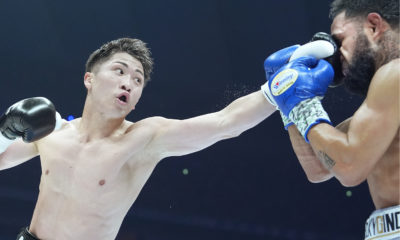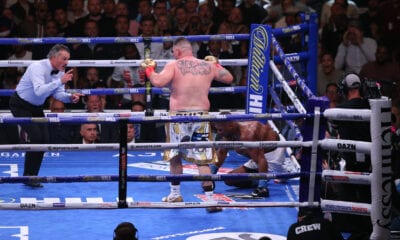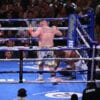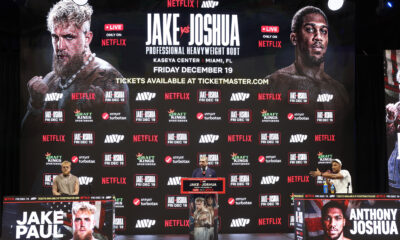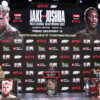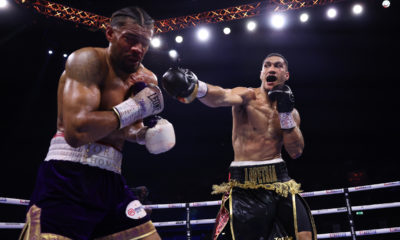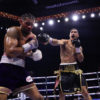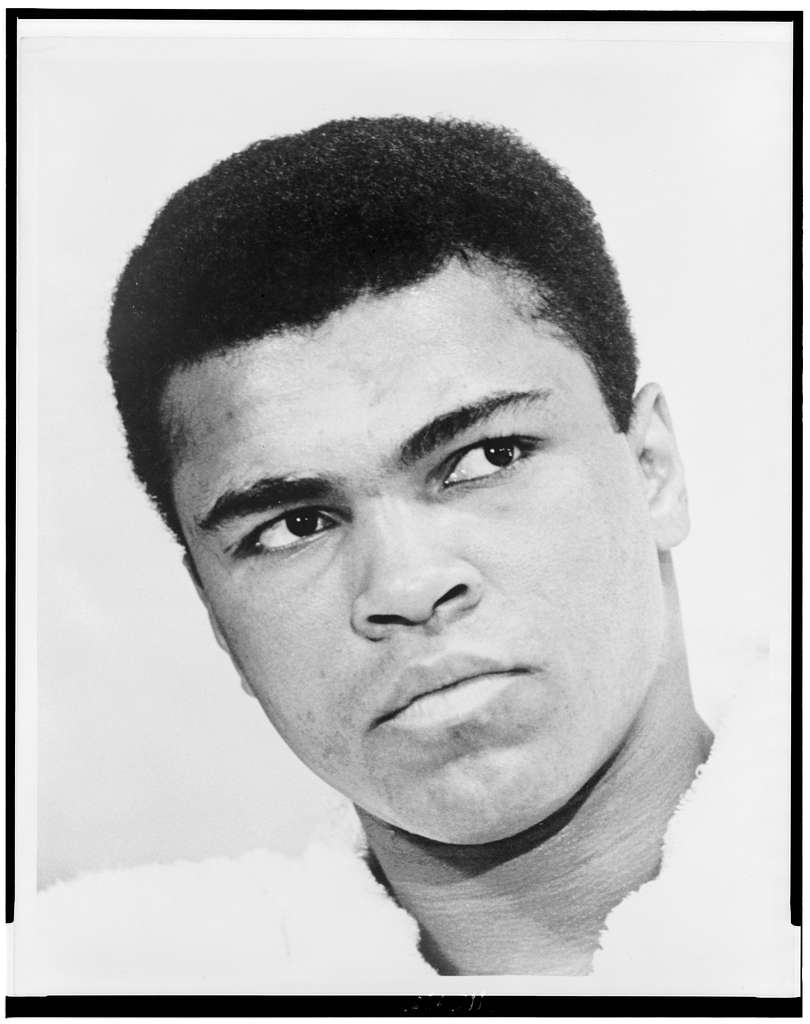45 years ago, Larry Holmes beat up his hero. A fight which sickened those watching on who loved his hero too. Muhammad Ali reached into his deep reserves of magic and found there were no more miracles to summon.
Aged 38, Ali’s feet were now slow, energy sapped by a decade of gruelling encounters with Frazier, Foreman and Norton, weight drained by misuse of Thyroid pills and the first creep of neurological demise becoming ever more evident. Ali was no longer the quicksilver punisher of the 1960s, the lion-tamer of the early 1970s or the stubborn old warhorse of 77 and 78.
Muhammad Ali simply couldn’t defy ‘father time’
That he would fight again a year later against Trevor Berbick ghastly evidence that those who loiter in a champion’s orbit are rarely there for love. The departure of his long-time physician Ferdie Pacheco, who could no longer endorse Ali’s delusion or the sadistic capitalism that prodded him forward, left his side in ‘77 following Ali’s thunderous encounter with Earnie Shavers, a conspicuous warning for those paying attention.
Pacheco became a qualified voice of reason in the prelude to ‘The Last Hurrah’ promotion on October 2nd, 1980, speaking loudly of Ali’s decline and would later lament that, “All the people involved in this fight should’ve been arrested. This fight was an abomination, a crime.”
Of course, hindsight offers ever more depth to the hideousness of proposing Ali, coming off a two-year retirement to fight a 30-year-old Larry Holmes was a competitive notion. An unbeaten heavyweight and a fine champion in his own right, Holmes had seen first-hand the decline in the old master long before he boxed him in Las Vegas. Holmes served as a sparring partner from ‘73-75 including Ali’s rumble with Foreman in Zaire – although a homesick Larry would fly home early – and it is this proximity to the then Champion that helped shield him from the whit and mind games Ali tried to deploy too.
Muhammad Ali – the passing of the torch to Larry Holmes
Larry Holmes would go on to prove his own greatness, albeit in the long shadows cast by Ali and the star of the 1980s, Mike Tyson. Of equivalent size to Ali at 6-3, the possessor of one of the smoothest and solid jabs in heavyweight history, with a good engine, a battle tested chin and in the full beating sun of his own prime, Holmes would’ve been a formidable opponent at any time in Ali’s career.
In 1980, only the legend of Ali could have made the fixture even vaguely plausible or profitable. Near 40-year-old former champions do not return, on the other side of 500 professional rounds, having not boxed for two years, and beat one of the best heavyweights of the century. As with all romantic pursuits, and boxing embraces such indulgence in film and in real life, people want to believe the unbelievable.
Perhaps to revisit their own youth or to propose by proxy that they too can recapture something they feel they’ve long since lost. Just as others did when Joe Louis pursued Rocky Marciano, when James J. Jeffries was summoned from his farm to try and beat Jack Johnson in 1910 and why Henry Winkler’s Fonzie was one of the biggest TV stars in the latter half of the decade.
All were nostalgic fancy. Ali’s perhaps most fanciful of all. Still, Ali’s losses were coming.
Larry Holmes was clearly troubled by the beating he was necessitated to give, both in the moment and with a microphone before him in the aftermath. Speaking to Thomas Hauser for his seminal work on Ali, His Life and Times, Holmes perhaps summed up most pointedly the value of his win over Ali. “I’m prouder of sparring with him when he was young than I am of beating him when he was old.”
A quick knockout would have been merciful, but Ali proved wily and stubborn enough to remain upright until, finally, trainer Angelo Dundee insisted the fight was over after the 10th round and the punishment, which Sylvester Stallone would graphically describe from ringside as “like watching an autopsy on a man who is still alive”, could cease. Dundee first having to remonstrate with Ali’s long-time friend Bundini Brown who was pleading for him to be allowed to continue.
Holmes would largely rebuff the accusation he held back on the man who replaced his tattered kit when taking him into his camp at Deer Lake in 1973. Most qualified observers sensed the reluctance. Later, it would become known that one of the two examinations conducted at the Mayo Clinic three months before the fight had highlighted reservations about Ali’s coordination, particularly when fatigued.
Tests which had been demanded to facilitate the provision of a licence to box by the Nevada Athletic Commission. Symptoms now considered to be the early signs of the Parkinson’s that would steal Ali’s mobility and eventually his famous voice.
The realisation this was known at the time he boxed Holmes, and a year before his final fight with Berbick, only confirmed the ugly opportunism of the fight and the reckless delusion that gripped those who participated.
Even for the Greatest, Old Father Time is too persistent a foe to overcome but the omnipresence of the unscrupulous in boxing continues to prove just as eternal.
It is remarkable that 45 years has passed since Muhammad Ali’s star as a fighter finally dimmed and he remains a transcendent figure in popular culture and a totem in the history of the sport. Ali’s numbing defeat to Holmes proved to be no more a watershed for the protection of ageing or worn fighters than the fall of Joe Louis or Jim Jeffries. Promoters, hustlers and hucksters from every corner of the globe continue to look for an angle to sell a return to the ring for those who followed in Ali’s wake and are long past their own primes.
Floyd Mayweather and Manny Pacquiao the latest to flirt and fight with the inevitability of time despite earning riches and recognition beyond even Ali’s comprehension.
Still it was sad to see Muhammad Ali like this, now, nearly a half century ago.
